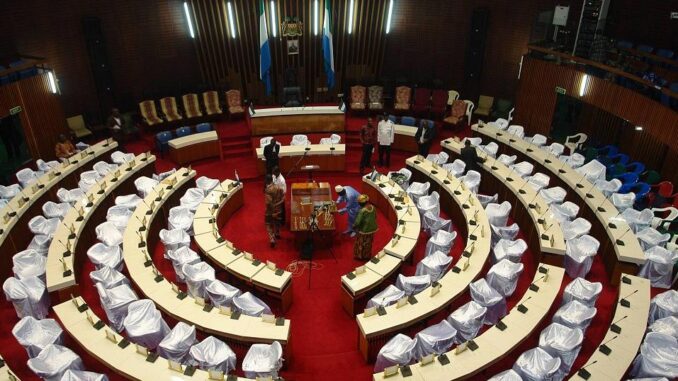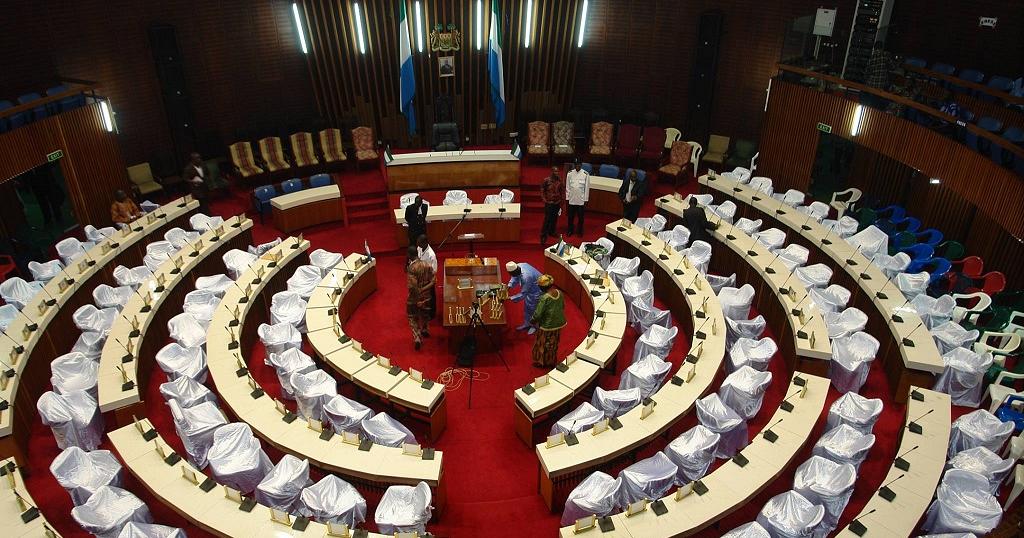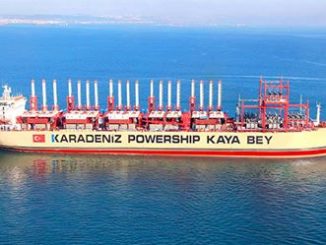
Parliament A Weak Link In Achieving MDGs
A Commentary By Ranger
Given that Parliament has not over the years played robustly its role of ensuring recommendations by the Audit Service to be implemented make MDAs perform their development and service delivery roles accountably, effectively and efficiently, this means that in the last decade, hundreds of billions of Leones and millions of dollars meant for development have gone down the drain.
As such, a new type of national leadership is essential for success of the SDGs.Achieving the ambitious goals by 2030 will entail harmonization across many sectors—from education, to urban development, to water supply, to climate mitigation, to maternal and child health, to name just a few priority areas.In achieving the SDGs, it is crucial that Parliament works in tandem with Audit Service, ACC and the Executive including the Ministry of Finance to ensure value for money at all levels
The Government should set national priorities in a pragmatic manner based on country priorities and the available resources.Second, they should consider a whole of society approach—providing leadership to mobilize and harness the contributions of a diverse set of stakeholders including NGOs and the Local Councils.Questions worth asking include, what is the best way for Government to organize and bring together domestic and global development priorities?
How can Government lead SDG implementation while at the same time leaving room for others to lead, maximizing the contributions of all involved? To what extent can policy coherence accelerate progress?High-level political buy-in is critical, as it helps the Government to reorient policy framework, plan and budget to achieve the SDGs.

The success of the SDGs depends on the ability of Government to foster institutional collaboration and create ownership across institutions, both domestic and global. Getting there requires leadership from the top.High-level attention and support from the Finance Ministry and the Treasury can be powerfully catalytic.
Resource strategies must go beyond aid budgets alone to packages that unleash financing for development, both from other Ministries as well as private investors and businesses.This mixed approach of using development finance to mobilize additional finance towards sustainable development or blended finance is being used in 17 DAC member countries. Blended finance has the potential to unleash greater levels of financing for development.
Donor Governments must ensure that the resources mobilized target a broad range of development issues to meet the needs of the SDGs.Auditors are also well-positioned to provide critical leadership and support to Government in its efforts towards achievement of the SDGs.Incorporating the SDGs in performance objectives and proposed outcomes of Government’s efforts promotes a coherent approach that ripples out into an agenda that is shared throughout different levels of the bureaucracy, Government-wide. Government must pursue a coherent policy and regulatory environment to mainstream the SDGs across sectors, ensuring that their policies are on track.
The goals which are interconnected require making tough decisions on trade-offs and tackling obstacles of ownership and implementation. National Government can provide direction as well as support in facilitating the leadership of local Governments in pursuing their own progress on the SDGs. Alignment with provincial and city Governments are crucial.
To achieve the SDGs, national leadership must reach into all parts of society, encouraging and harnessing all contributions for maximum impact. Very much linked to political buy-in is ensuring that citizens, civil society, and the private sector are empowered to engage, drive progress, and challenge Governments on SDG implementation. This involves hosting regular public hearings and workshops with external stakeholders, including youth, raising awareness and influencing Government’s policy concerning SDG implementation.
Governments must also provide the space and support for civil society to strengthen accountability, and changing behavior in the private sector.Leadership will depend upon their ability to strengthen their own internal integration and policy coherence among different levels of Government. At the same time, they must be champions in chief, acting as a strategic and encouraging partner to businesses, investors, philanthropies, universities, faith-based organizations, citizens’ groups, youth, and other parts of civil society.
No one is expecting the national Government to do everything, but they are best placed to take the lead and re-orient resources, coordinate capabilities, and maximize all efforts.As such, Government should adapt a servant-leader mindset—guiding but not dominating, embracing new ideas, and challenging and complementing existing structures.



